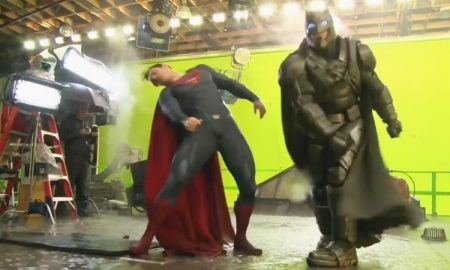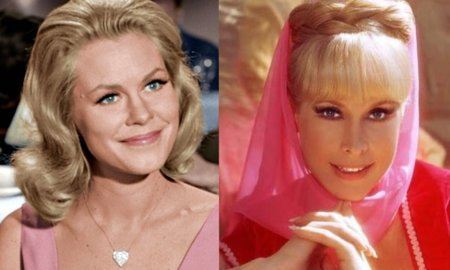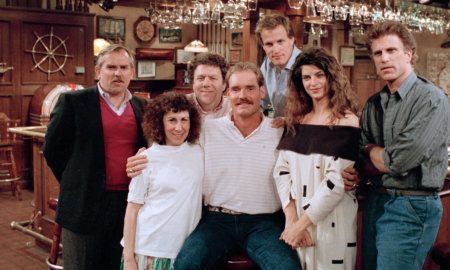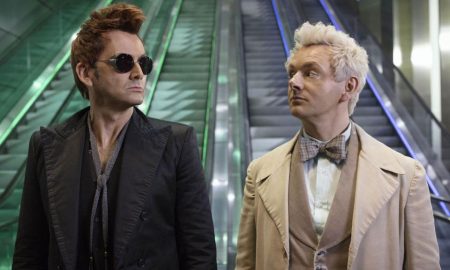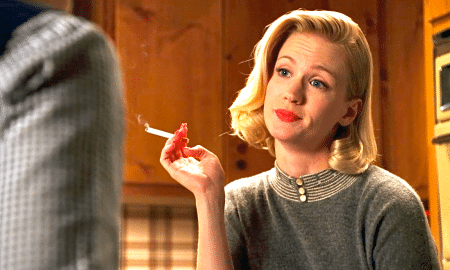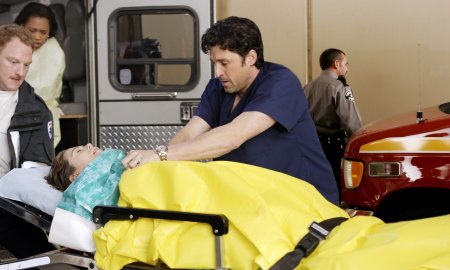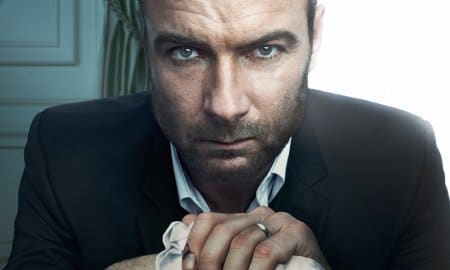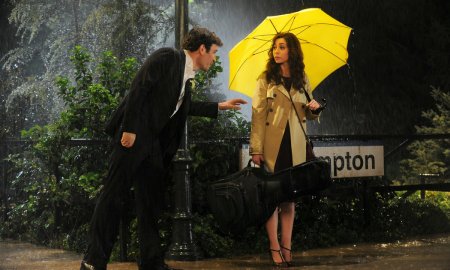Here’s a starter fact for you: Doctor Who is the greatest science fiction show in TV history. Forget Star Trek and Battlestar Galactica. They all bow down to the Time Lord who spends his time and energy traversing human history in an attempt to keep humanity moving forward. As the self-sworn protector of our little backwater species, the Doctor has spent fifty years swooping through the events that have defined us. Throughout five decades of heroism, though, a few facts may have slipped past even the most ardent fan of the show. So here are some things you may not know about the great Doctor Who.
1. It’s Always Doctor, Never Dr.
Don’t ever refer to the Doctor as “Dr.” in print. Not only does it make you look like a total sci-fi newb, but the man flying the TARDIS isn’t a graduate of med school. His name is Doctor. So to refer to him as “Dr.” is actually inaccurate (something that the Doctor himself would find very irksome).
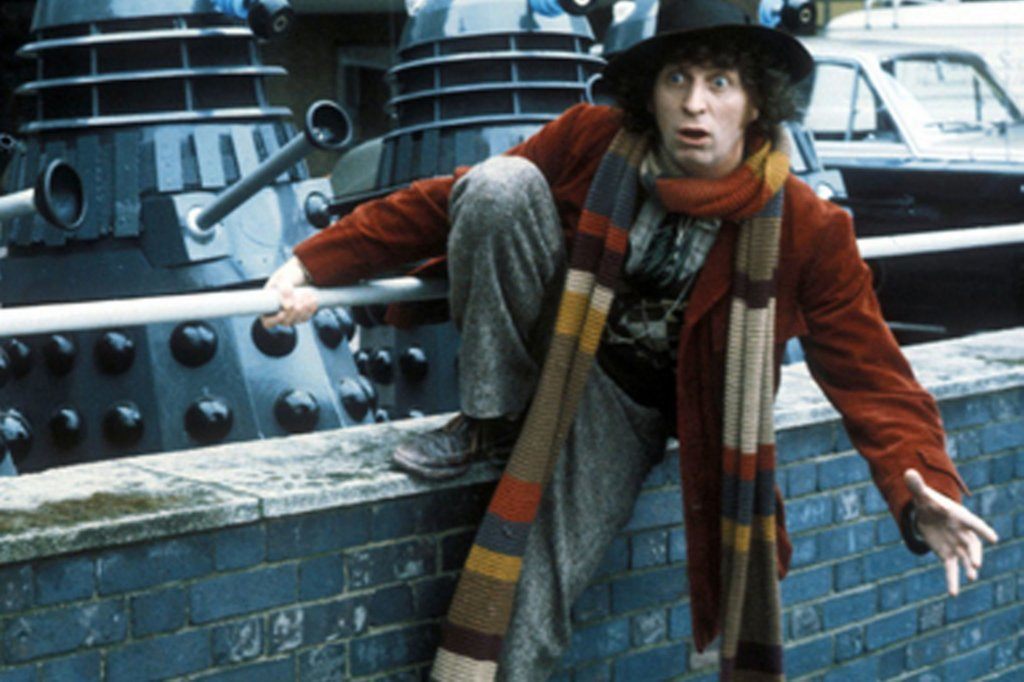
2. It Was Originally Intended As a Purely Educational Show
Initially, Doctor Who was created not to showcase a man’s struggle to keep humanity safe, but as an educational show in which the Doctor acted more as a professor, who took children to various points in human history and taught them the historical context in a relatively danger-free environment. Of course, producers thought that was kinda boring, so …
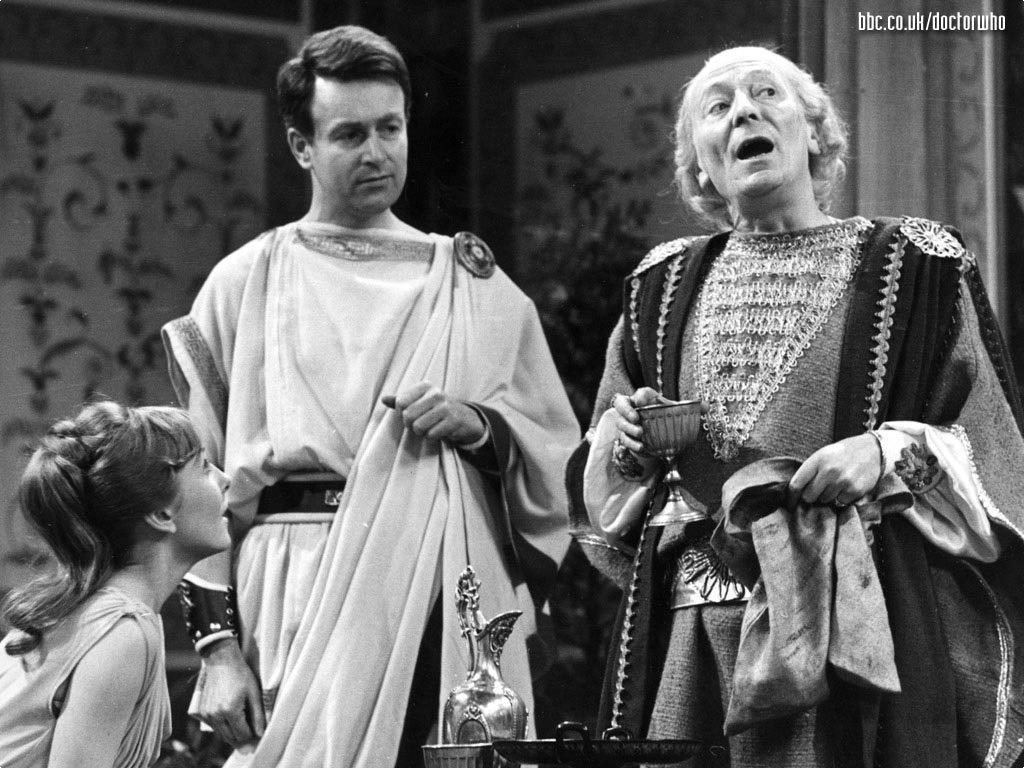
3. The Birth of the Dalek
Series creator and then head of BBC Drama Sydney Newman’s original decree that there be no monsters on Doctor Who was quickly overturned when producers discovered that concept was mad boring. So, the Dalek was brought in to give the Doctor a run for his money. Thus, the most popular monster in sci-fi history was born.

4. It Was Largely Guided By a Woman
The show may have been technically conceived by someone else, but it was Verity Lambert who ran the day-to-day business of Doctor Who. As a result, she was the one who made several of the decisions that have come to define the series. She was the one who fought to get the Daleks included, for example. By the way, working in 1963, Lambert was the only female showrunner at the BBC.
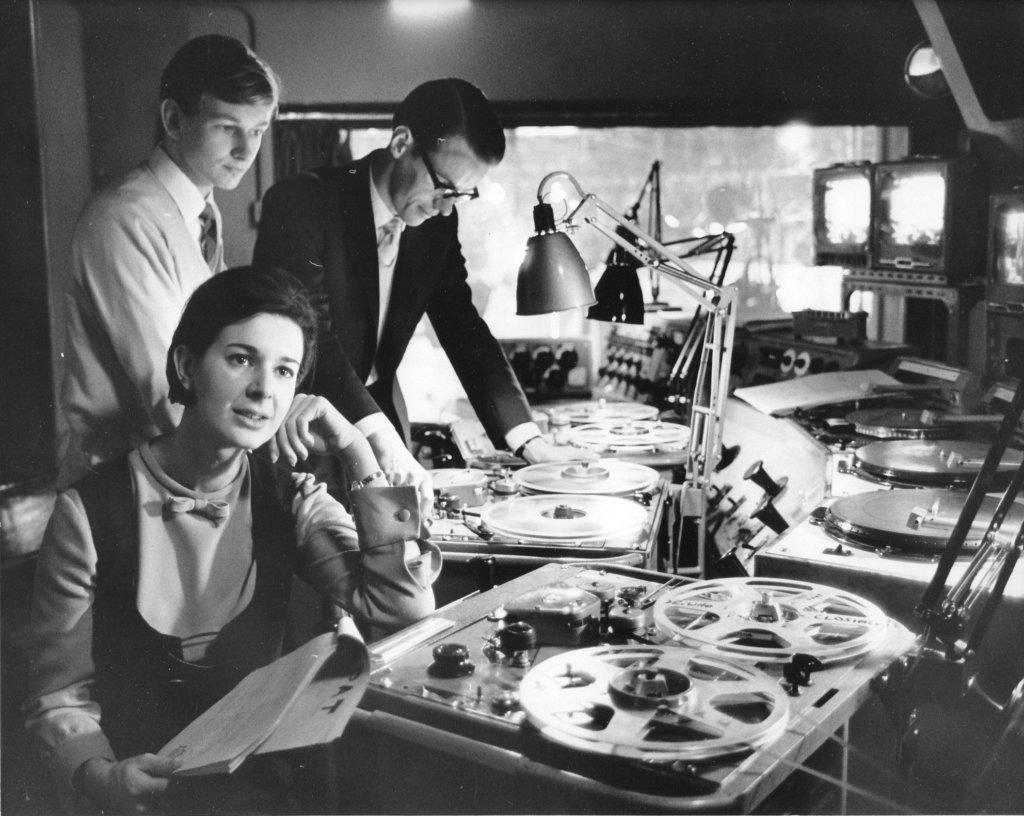
5. The TARDIS’s Malfunction
Throughout the series, the TARDIS — which stands for Time and Relative Dimension in Space, by the way — has suffered from a broken Chameleon Circuit, which prevents it from changing shape from a 60s era London police box. Originally, the TARDIS was supposed to change shape to match its surroundings; however, budget restrictions made that feature malfunction. Permanently.
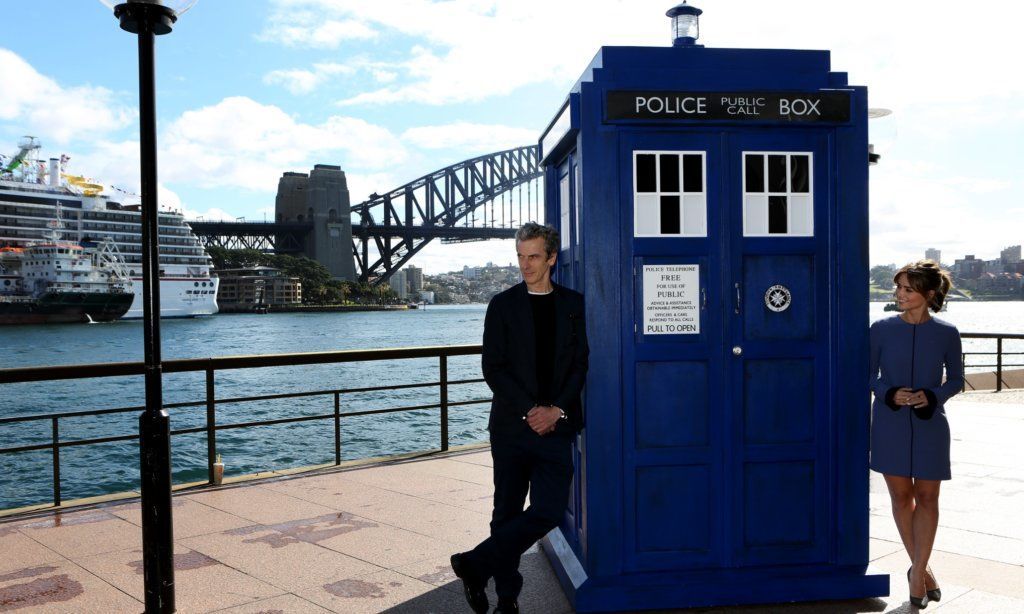
6. The First Doctor Had to Be Persuaded
On paper, the series’ concept must have sounded pretty silly. A traveling teacher working to educate random children about the finer points of history. As a result, Lambert had trouble finding an actor willing to take the role. Finally, she managed to persuade William Hartnell, a semi-typecast veteran actor, to sign on.

7. The Pilot Had To Be Shot Twice
The first show was called “An Unearthly Child”. In it, the Doctor was traveling with his granddaughter Susan and her schoolteachers. (The family connection was initially added to make the Doctor seem less pervy.) Unfortunately, the pilot had to be re-filmed after technical issues rendered the film unusable. Between the shoots, substantial changes to the series were made.
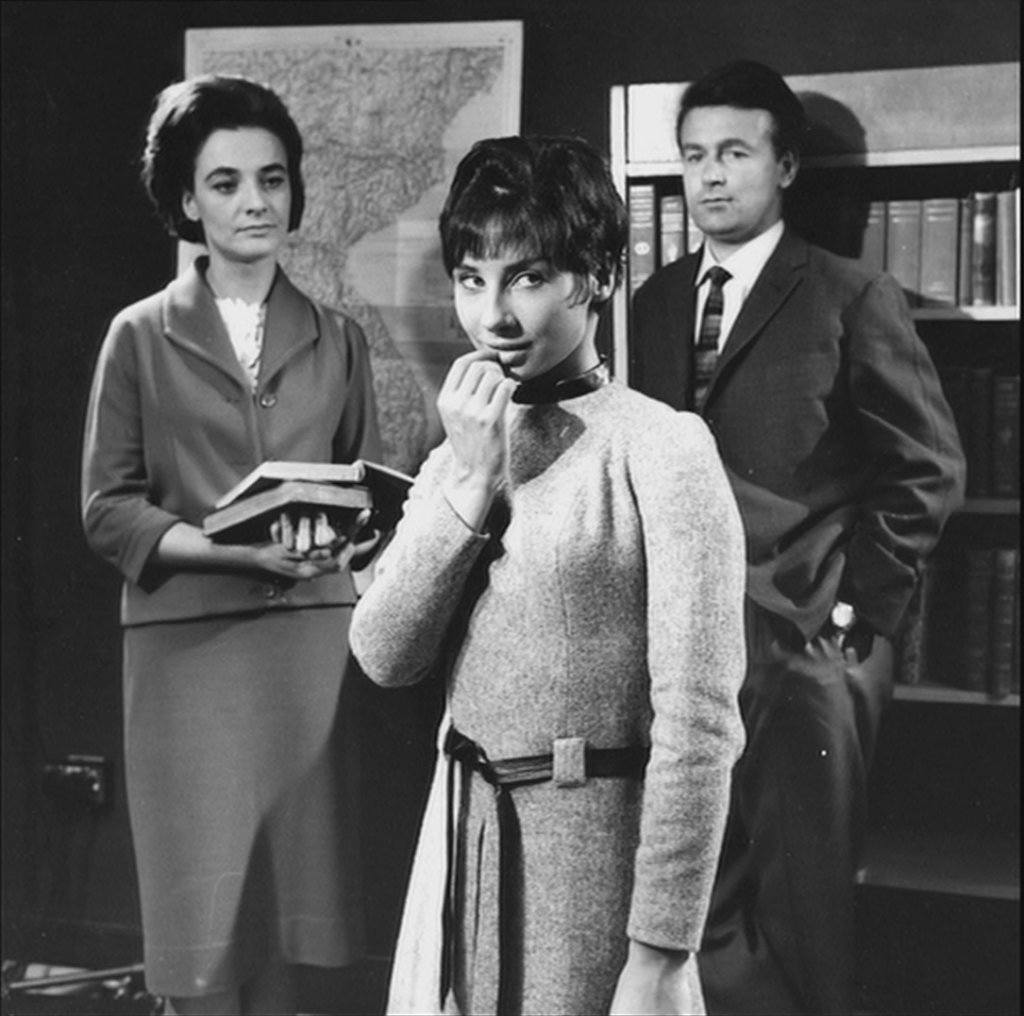
8. The New, Second Pilot
Among the changes that were made were shifts in the Doctor’s wardrobe and his attitude. In the original version, the old man was a bit more callous than he ended up. In addition, the script was cleaned up to omit certain odd behavior on Susan’s part. In addition, the show’s effects were updated to be more effective.
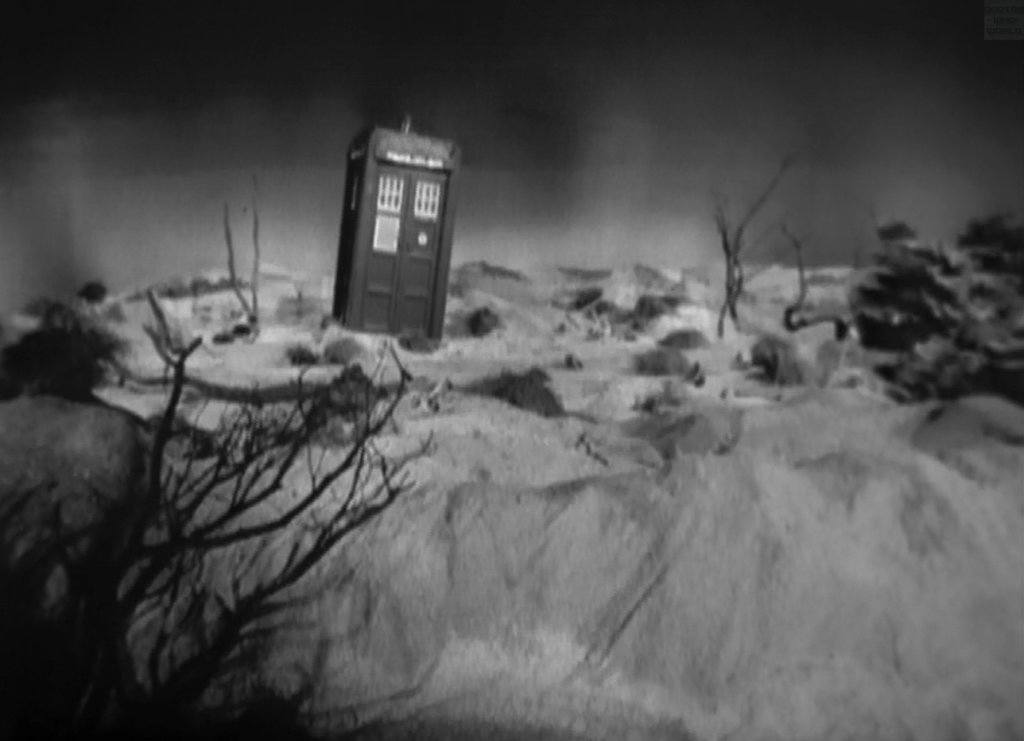
9. Overshadowed By Another Event
The very first airing of Doctor Who went out across the airwaves on November 23, 1963. Unfortunately — for both the show and the world at large — November 23, 1963 was the day after President John Kennedy was assassinated in Dallas. As you can imagine, that news pretty much stole the thunder of a brand new sci-fi show appearing on the BBC.
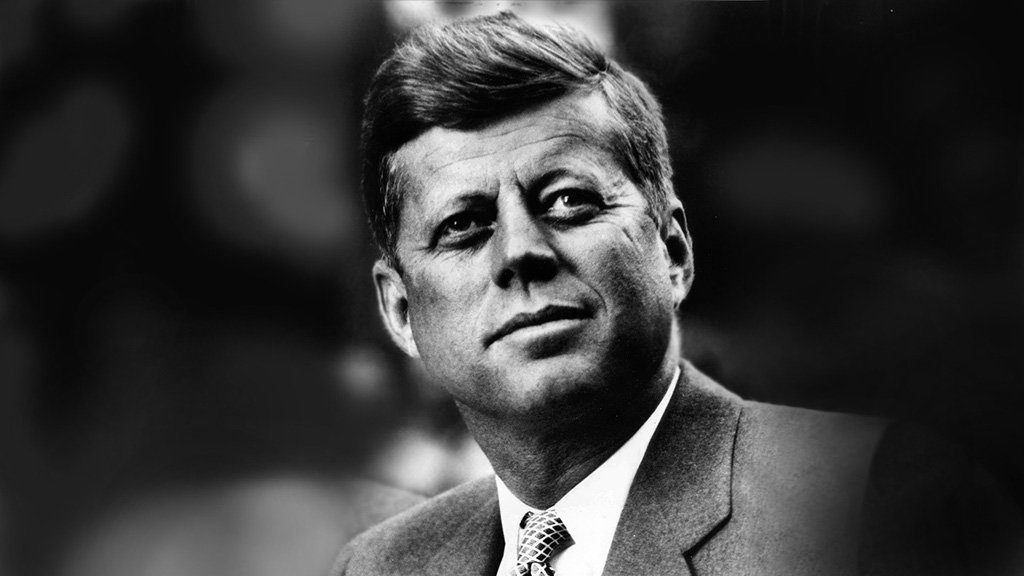
10. Regeneration
When William Hartnell began to suffer from arteriosclerosis, the writers were forced to write him out of the show. This real world necessity is what lead to one of the Doctor’s most famous traits: his ability to regenerate. Then showrunner Innes Lloyd decided that when Hartnell left the show, it would be more interesting to swap the main character entirely, giving him a brand new look and personality.
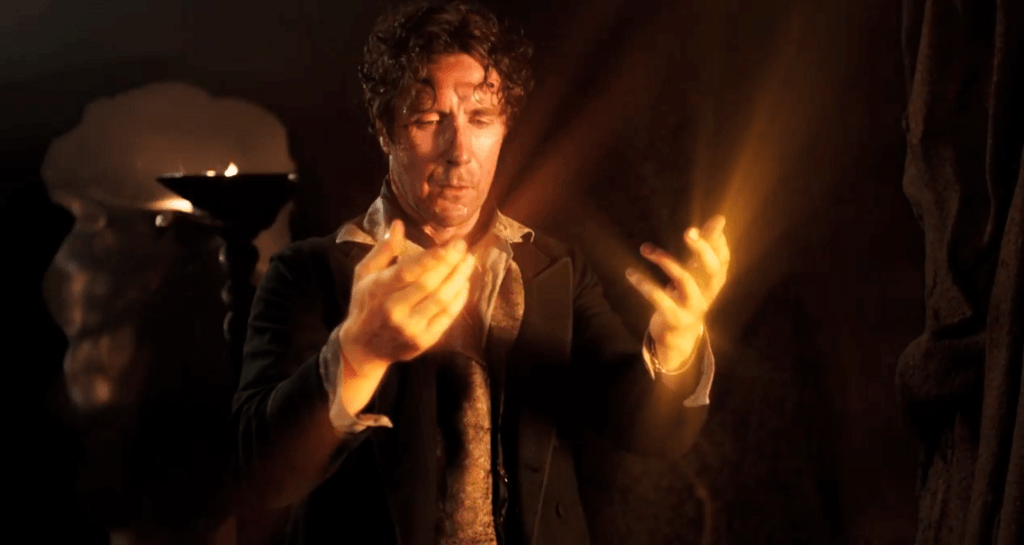
11. The Most Popular Doctor
As ten men have actually held the role over the decades, the debate over everyone’s favorite Doctor is pretty fierce (even though it’s totally David Tennant). A real Whovian will tell you that, more often than not, your favorite Doctor is the one who had the role when you first picked up the series. You might love all the men who drive the TARDIS, but your first is always your favorite.
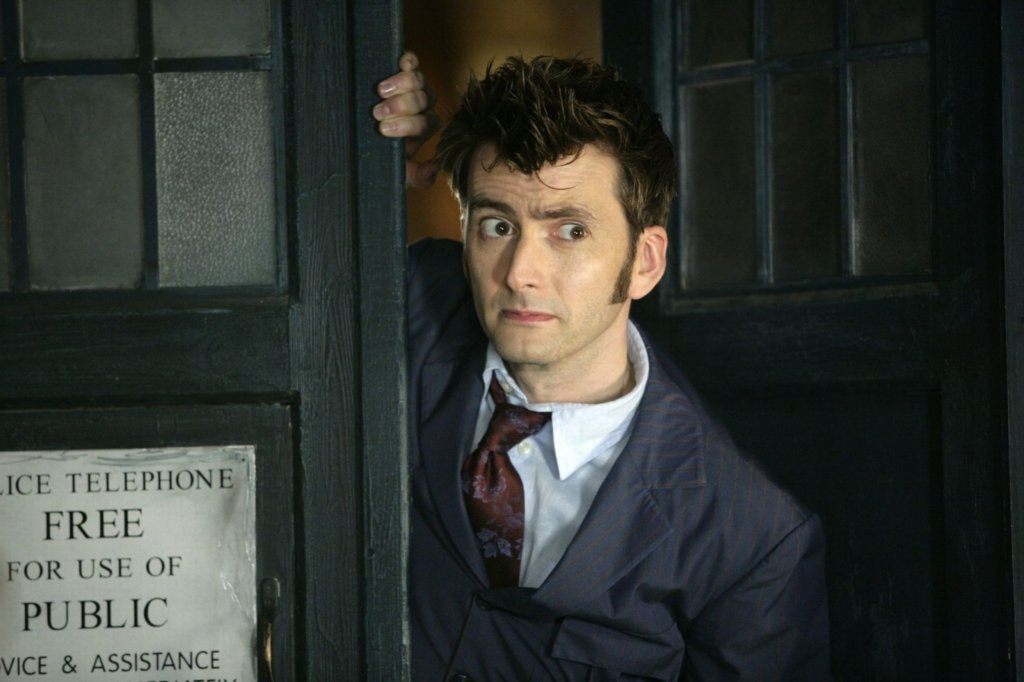
12. Okay, the Real Favorite Doctor
Tom Baker wins that one. In poll after poll on who everyone’s favorite Doctor is, David Tennant tends to win when restricted to the 2005 reboot series, but Baker — the Fourth Doctor — tends to win when the whole series is open for consideration, perhaps because he actually held the job for longer than any other Doctor.
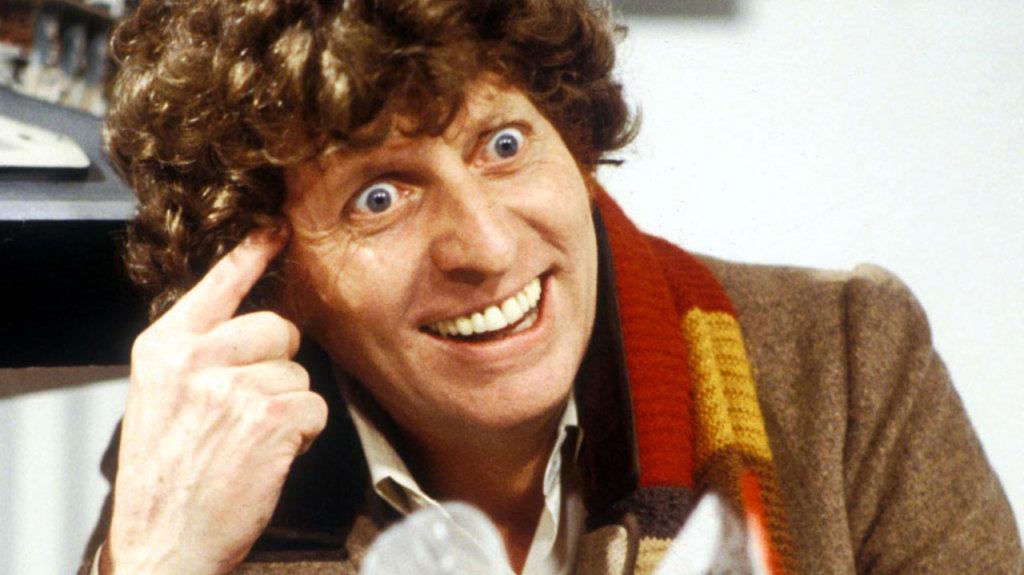
13. Doctor in Distress
In 1984, the BBC was in a little financial trouble; therefore, some changes needed to be made on the set of Doctor Who. When it was announced that production on the show might be delayed, the outcry was so strong that not only did the Sun do a front page story, but more than thirty celebrities joined together to record a song, “Doctor in Distress.” It sucked.
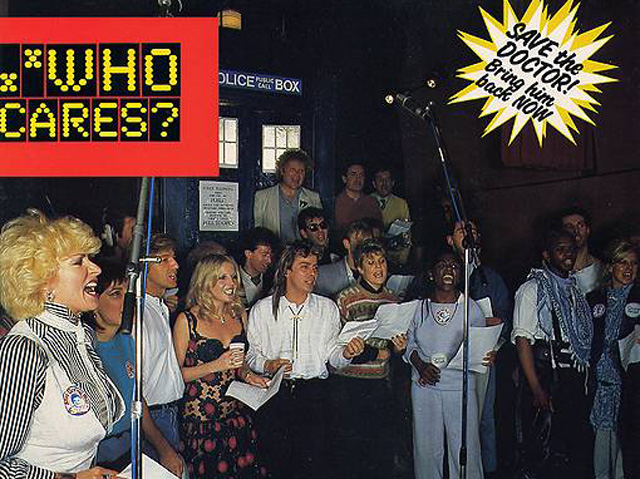
14. The Longest Serving Doctor
While Baker is technically the most prolific Doctor, having had the job for seven full series, he’s not the longest-running Doctor. That honor goes (somewhat dubiously) to Paul McGann. That distinction is kind of moot, though, as McGann actually only appeared in one TV movie over the entire decade in which he was technically the Doctor.

15. Keeping it In the Family
See if you can follow this one. The tenth Doctor, David Tennant is actually married to actress Georgia Moffett, who had a key role as the Doctor’s daughter when Tennant himself was the Doctor. Moffett is actually the real life daughter of the fifth Doctor, Peter Davison.

More in TV
-
Christian Group Attempts to Ban a Show They Haven’t Seen
20,000 people have signed Return to Order’s (a Christian Group) petition asking Netflix to cancel Amazon Prime Video’s new limited series...
June 20, 2019 -
10 TV Characters Who Almost Ruined A Hit TV Show
It’s no secret that most TV shows have to keep bringing in fresh blood if they want to keep fans interested....
May 4, 2018 -
All 14 American Idol Judges, RANKED
Now that American Idol is back on the small screen, Season 16 of the singing competition has us reminiscing about the...
April 13, 2018 -
15 Biggest Mistakes In Popular TV Shows
Some of our favorite TV shows from the past and present have the ability to keep us on the edge of...
January 30, 2018 -
11 Reasons You Should Start Watching ‘Ray Donovan’
With five seasons in the books and a sixth season slated for production in 2018, Showtime’s Ray Donovan has quickly become...
November 27, 2017 -
10 TV Characters We Never Got to Fully Know
These characters were an important part of their respective shows, but a huge part of them still remains a mystery. In...
November 22, 2017




